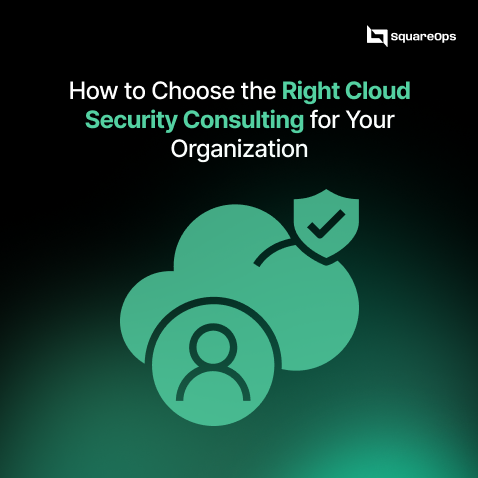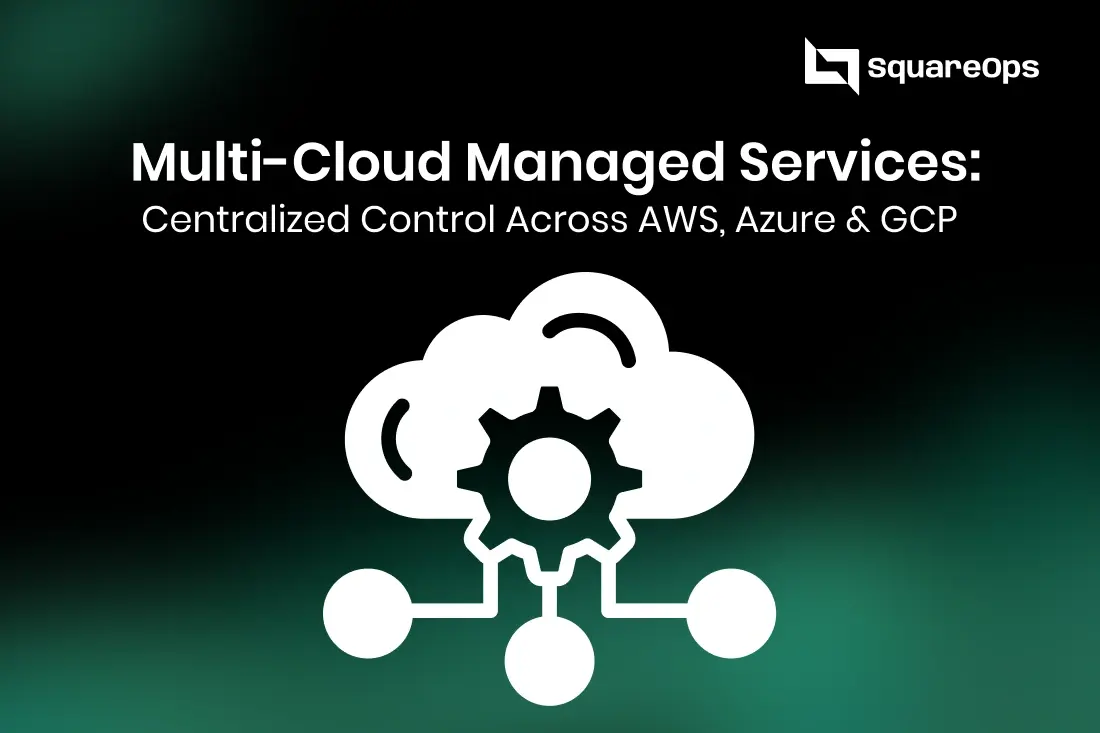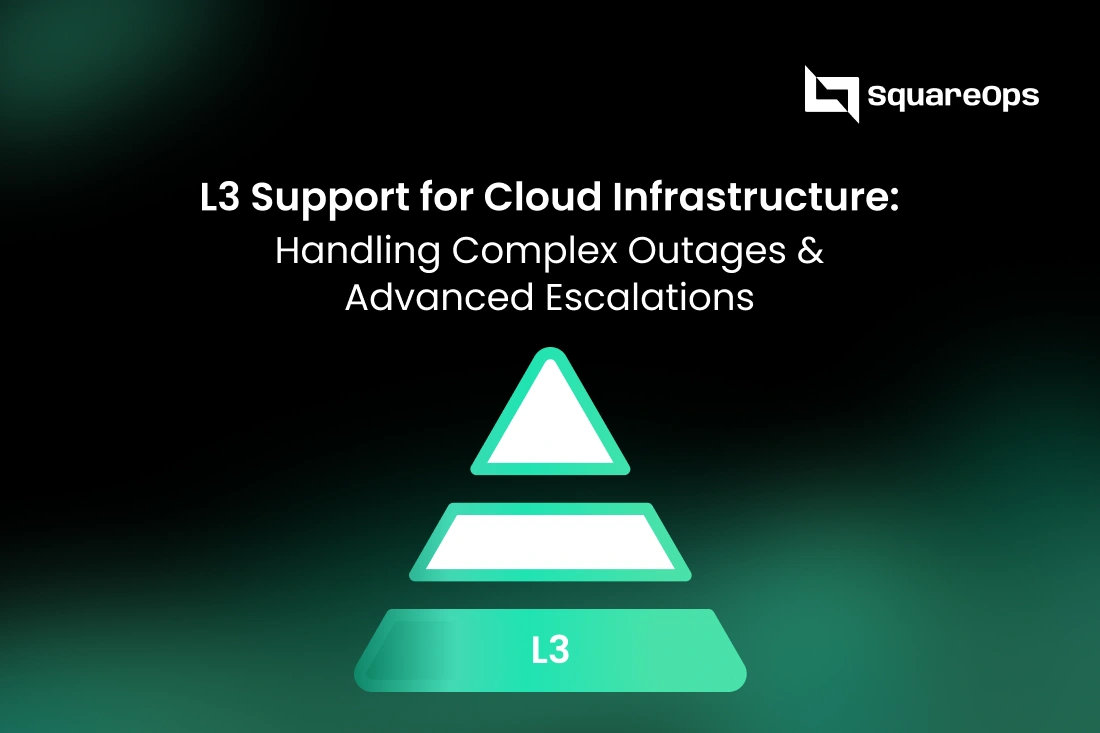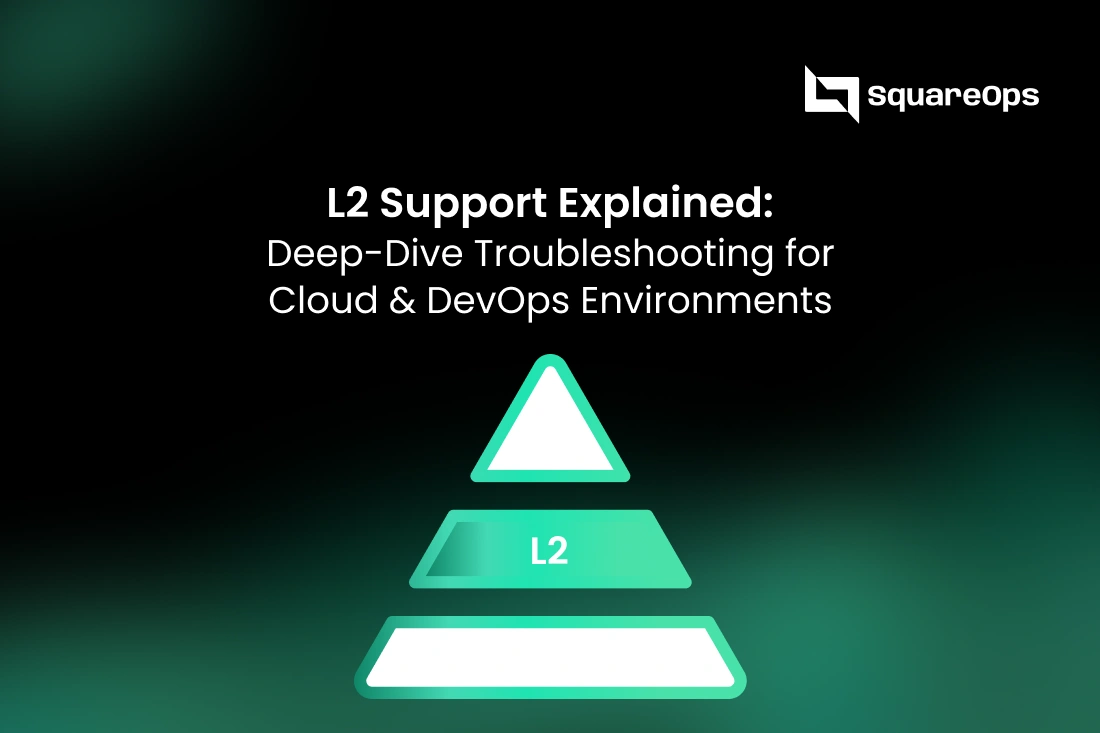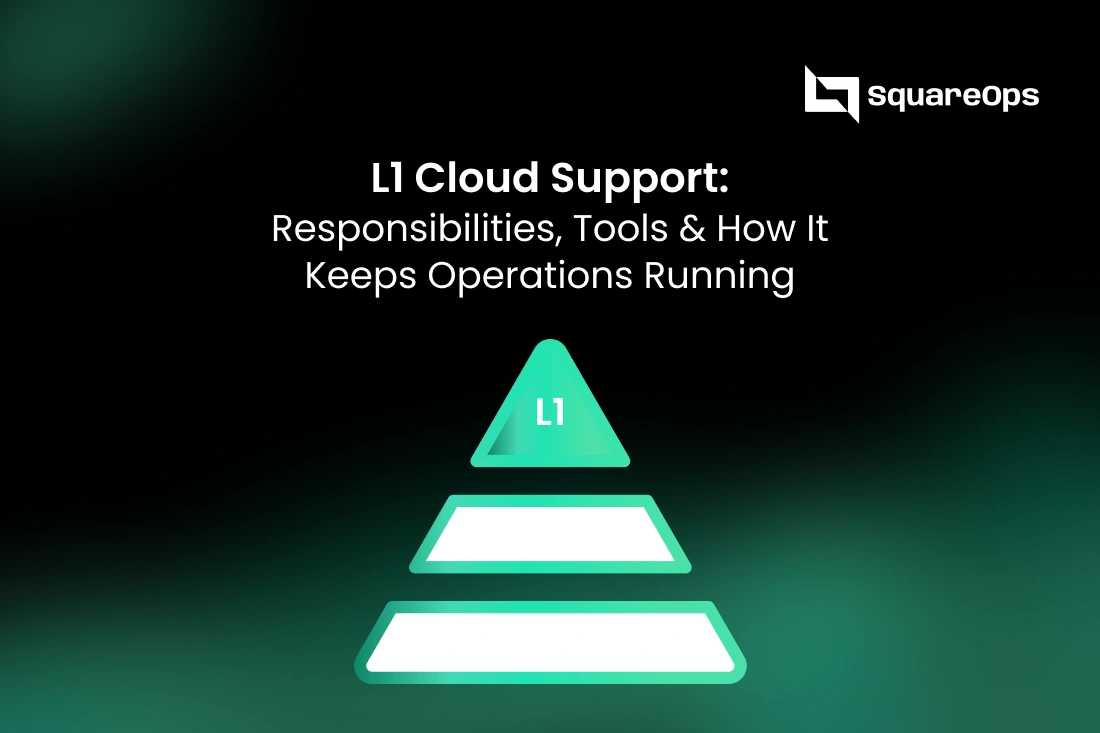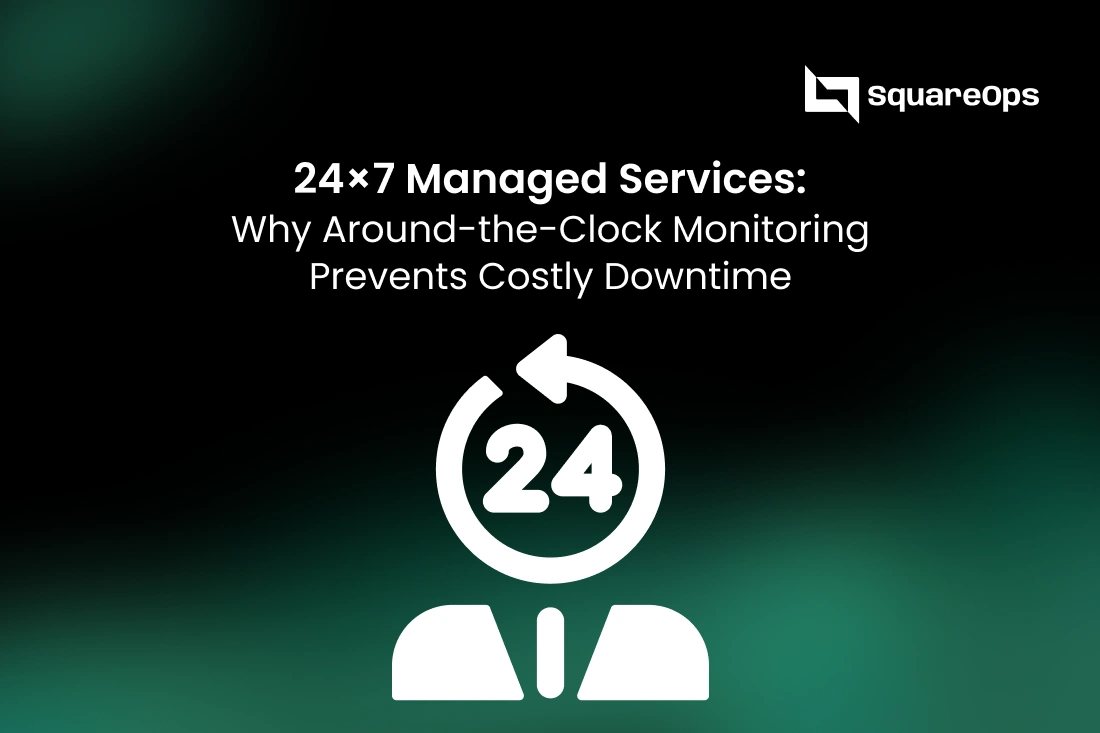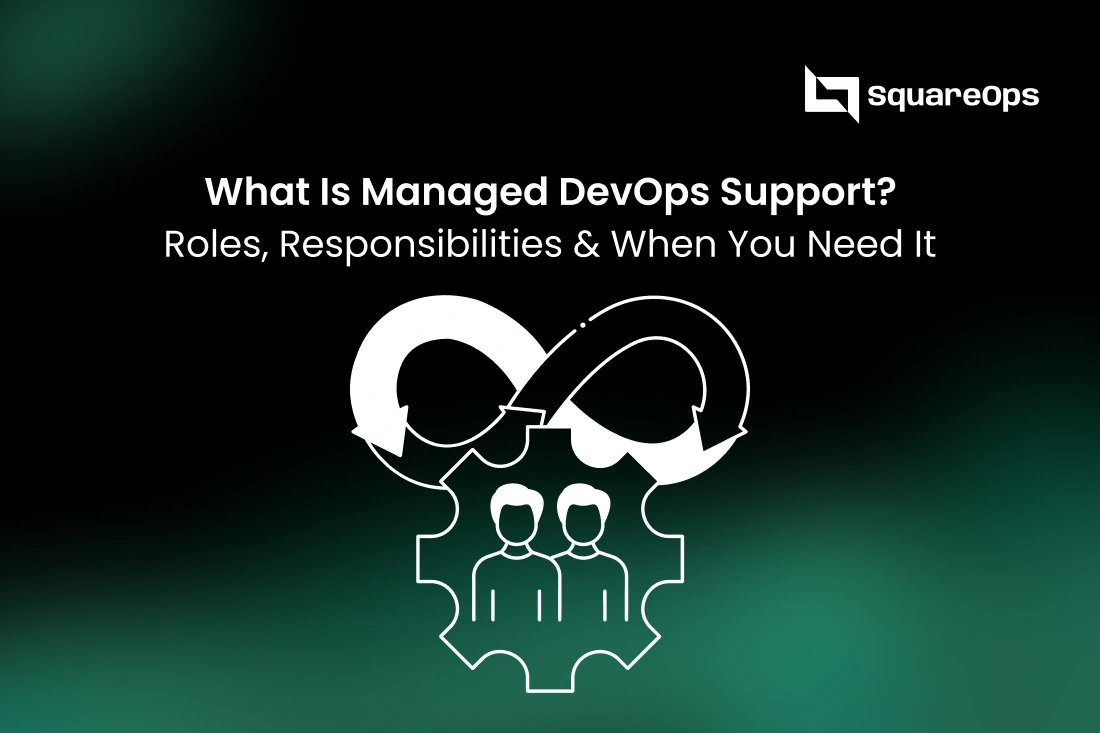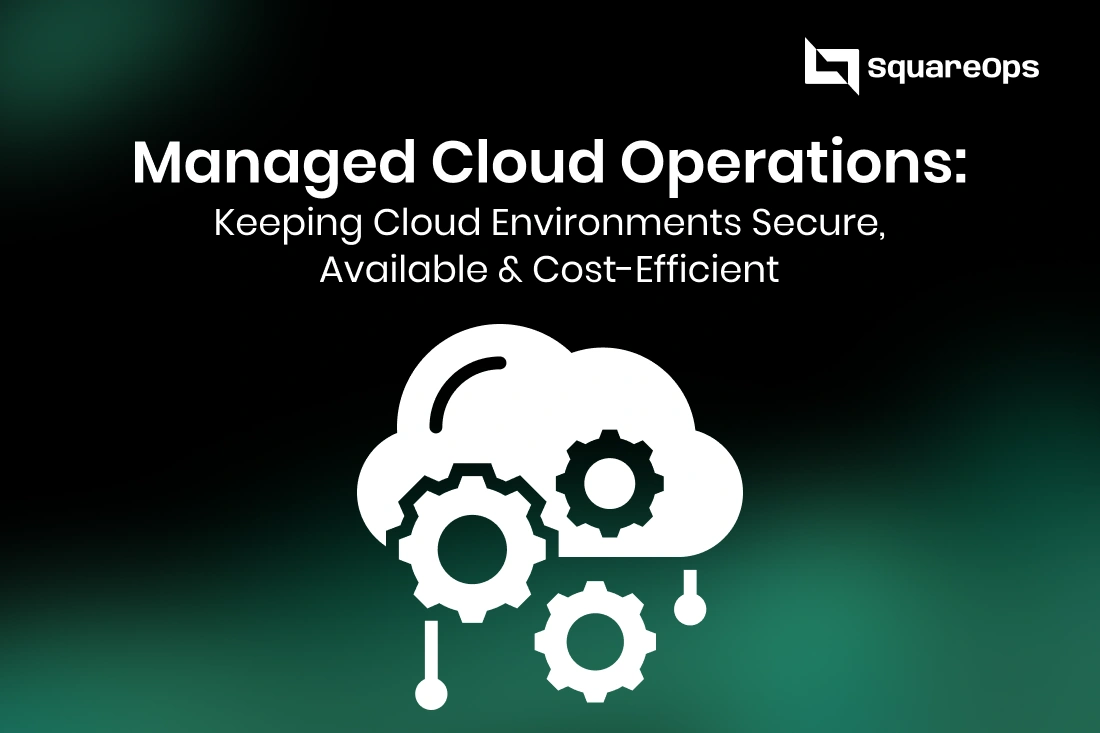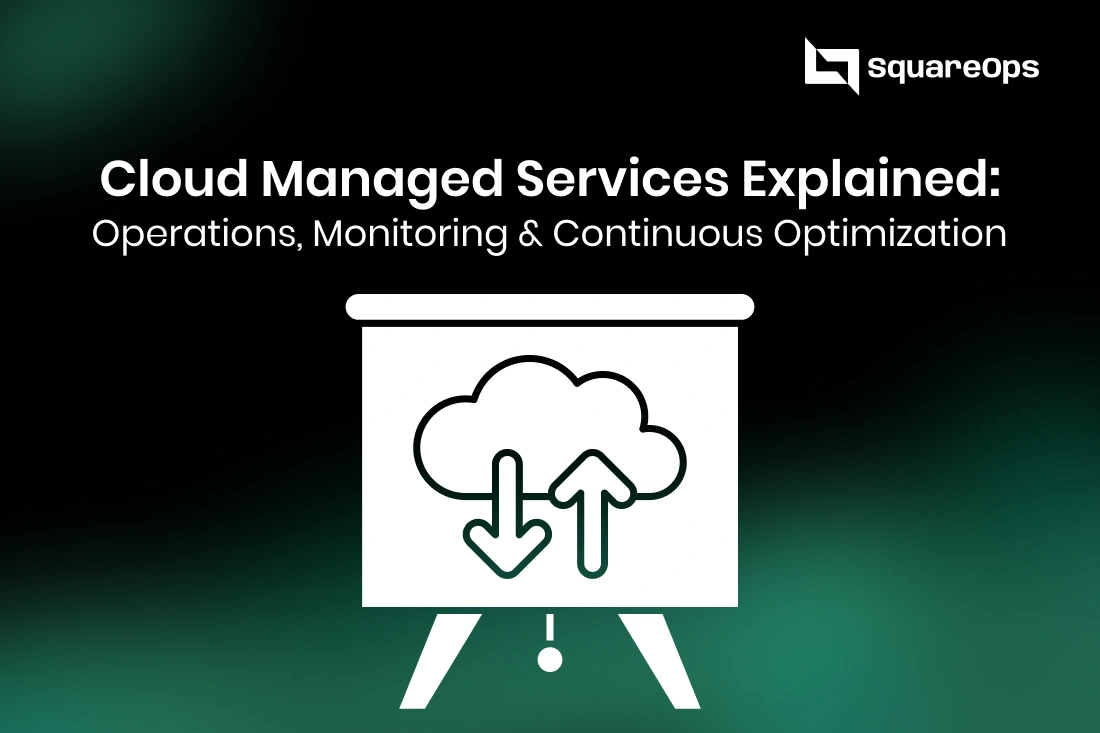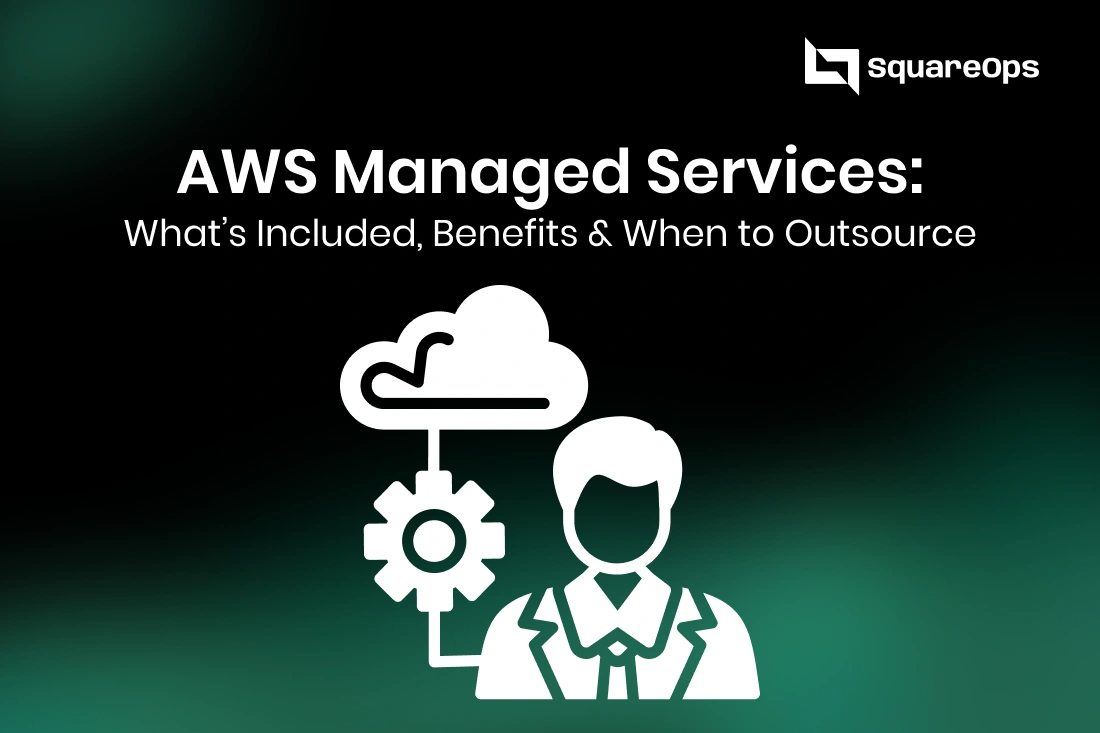Introduction
As organisations are turning more and more to cloud platforms including AWS, Azure, and Google Cloud, it is never more important to have powerful proactive cloud security. Established cybersecurity models are no longer enough for dynamic, distributed clouds.
That’s where cloud security consulting becomes critical — it provides expert knowledge to allow organizations to spot weaknesses, architect for resiliency, and remain compliant in the face of legal requirements.
But not all cloud security consultants are alike. Selecting the right partner is the difference between strong protection and concealed weaknesses.
In this guide, we'll discuss how to evaluate a cloud security consulting partner — and all the key capabilities they need to have — so you can run your business confidently, innovate securely and maintain your good name.
Why Cloud Security Consulting Matters
New layers of complexity By the time you’ve developed for an on-premise setup, you now have to factor in cloud when it comes to development and security, which complicates matters and makes securing the app more difficult than before.
Here’s why cloud security consulting is a must now:
Increasing Complexity of Cloud Environments
- Global security platforms are a must for multi-cloud and hybrid deployments.
- Microservices, containers, serverless computing and APIs broaden attack surfaces.
Increasing Compliance Demands
- Regulations such as GDPR, HIPAA, SOC 2, and PCI-DSS require stringent cloud data security.
- Failure to comply could result in massive fines and a poor brand reputation.
Growing Cyber Threats
- Misconfigured storage buckets, out-of-date IAM policies, and insecure APIs are familiar attack vectors.”
- Cloud-native vulnerabilities are an increasingly popular target for attackers.
Cloud Security Consulting can help companies address these hurdles and ensure they are deploying a cloud that is resilient, compliant and ready for the future.
How to Select a Cloud Security Consulting Partner: Three Critical Factors
In order to get successful with cloud security you must make the right choices and one of those is choosing the right cloud security consulting provider. Here’s what you need to know:
Credentials and Experienced Role Model
The consulting team should have certifications in following areas as applicable:
- AWS Certified Security – Specialty
- CISSP Certified Information Systems Security Professional
- CCSP: Certified Cloud Security Professional
- Azure Security Engineer – Associate
- GCP Professional Cloud Security Engineer
Certifications demonstrate deep technical knowledge and a dedication to best practices.
Industry-Specific Experience
Various industries (fintech, healthcare, SaaS, e-commerce), have their own threats and compliance needs.
Select a consultative consultant that understands the unique challenges and opportunities facing your sector.
Example:
There’s a fintech firm requiring solid PCI-DSS compliance and fraud prevention, and a healthcare company that values HIPAA data privacy.
Breadth of Services
Some of the best cloud security consulting companies offer a full suite of services, like:
- Identity and Access Management (IAM)
- Encryption and key management
- Number of vulnerabilities and penetration tests
- Automating cloud-native security
- Compliance audit and reporting
- Incident response planning
Avoid consultants who sell only one dimension or technology of service (“just IAM” or “just compliance audits”).
Expertise in Multiple Cloud and Hybrid Models
Your consulting partner should be able to easily integrate with AWS, Azure, GCP, and on-premise.
Today, organizations are as likely to have cloud sprawl as to have multiple cloud providers. It's important that the security policies themselves are consistent across clouds.
Customization vs. Off-the-Shelf Solutions
Each company’s needs are varied. Be cautious of cookie-cutter packages that don’t mold to your architecture, compliance needs or future intentions.
Look for:
- Tailored risk assessments
- Custom IAM roles and policies
- Vertical compliance roadmaps
Post-Engagement Support
Security is incremental, not a one time setup.
Your partner should offer:
- Continual supervision and updating
- Threat intelligence updates
- Compliance reassessments
- Ongoing vulnerability scans
Inquire if they offer Managed Security Services MSSP options.
Seven Questions to Consider Before Choosing a Cloud Security Consultant
Get ready with these savvy questions to assess skills:
- Do you have any example cases, or can you outline your best- and worst-case scenarios?
- What cloud providers and compliance standards do you have experience with?
- What are some tools for CI and monitoring?
- What about your incident response planning?
- Do you provide training to help our teams develop their own skills after installation?
- How often do you revisit your tactics given that threats are constantly changing?
Red Flags to Watch Out For
Be cautious if you notice any of these warning signs during evaluation:
Generic Security Recommendations
“If they don’t do a thorough diagnostic before recommending anything, that is a red flag.
No Industry Certifications
The non-certified consultant may not be current on cloud security best practices.
Poor Documentation Practices
If deliverables, such as audit logs, policies and reports are not clear or missing — move on.
No Incident Response Planning
Security isn’t only about prevention — it’s also about how quickly you can recover.
No Post-Deployment Support
If they complete the job but take off, you risk being exposed to changing threats.
Final Checklist: How to Evaluate and Compare Cloud Security Consultants
Here’s a handy shortlist to help you choose:
- Cloud security certified personnel
- Cloud provider(s)/Industry experience
- Security architecture customized for you, not templates
- Some experience with multi-cloud and hybrid security
- Transparent post-engagement tracking and service agreements
- Testimonials by case studies, references or clients.
- Clarity in pricing and scope of work
Simply develop a vendor scorecard and pick the vendor that performs the highest in all the different dimensions.
Conclusion & Call-to-Action
Cloud security consulting isn’t a “nice-to-have” – it’s a strategic requirement for safeguarding digital assets, keeping compliance in-check and channelling secure innovation.
Picking the perfect match will keep your business afloat with confidence, in an ever increasingly vulnerable cyber universe.
We are SquareOps, cloud security consultants, who offer customized consulting for the cloud solutions of AWS, Azure, GCP, together with hybrid cloud technologies.
From risk assessments to Zero Trust architectures to continuous compliance monitoring, we’re your relentless cloud security ally.
Reach out to SquareOps today for professional cloud security consulting services!
